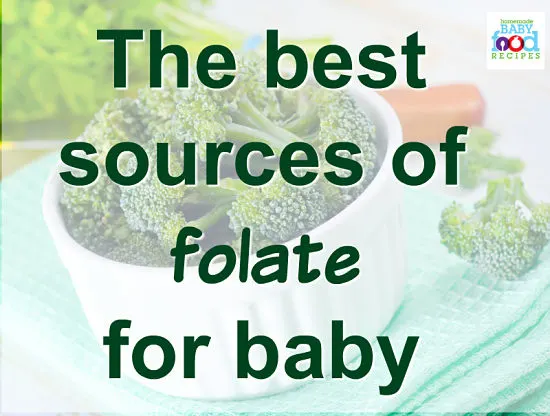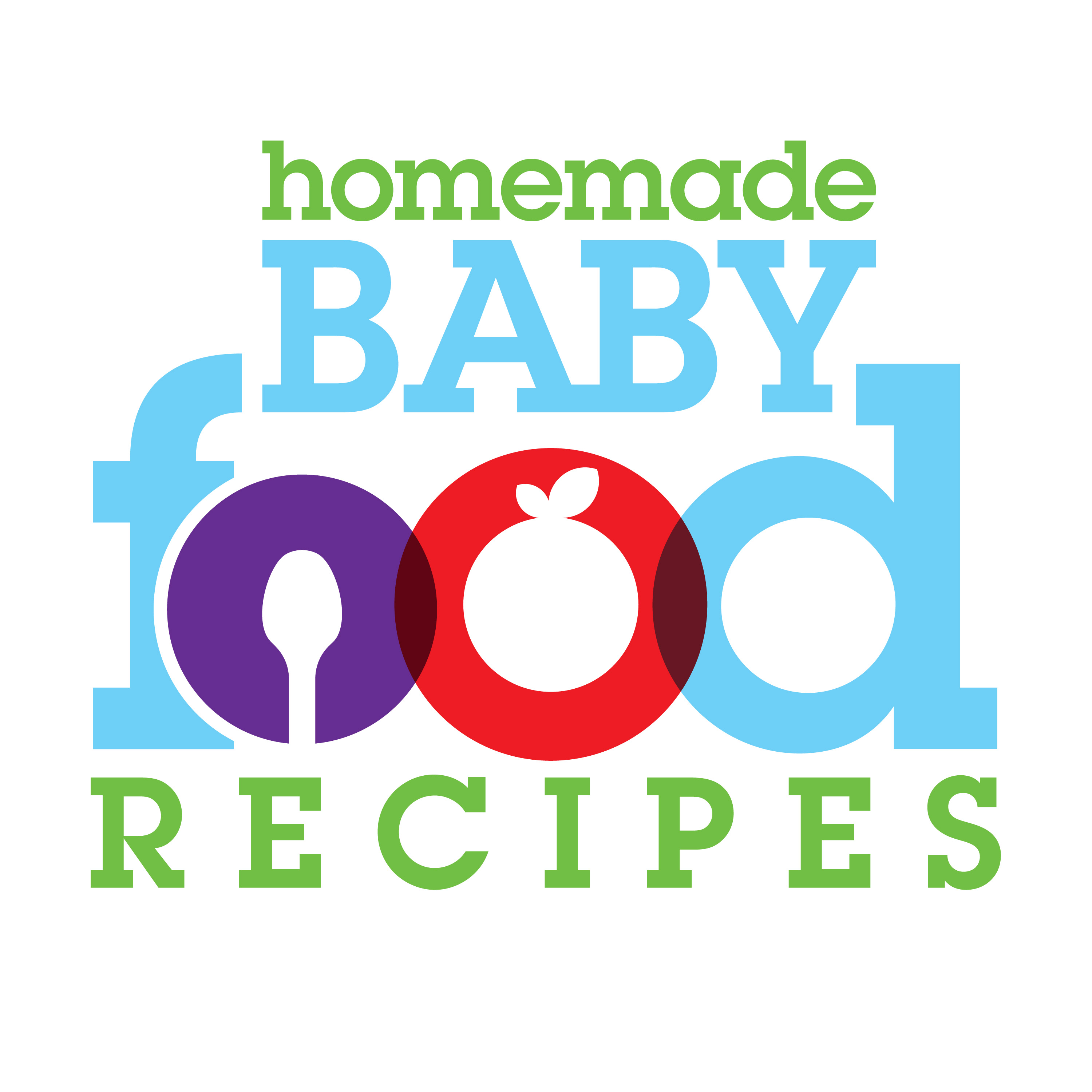You’ll often see ‘folate’ listed as a nutrient in various fruits, vegetables and even some meat products.
So what exactly IS folate? Why does your baby need it… and which foods contain the most?
Folate is a water soluble vitamin that is less commonly known as vitamin B9.
It occurs naturally in some foods – notably leafy vegetables (the word ‘folate’ comes from the Latin word ‘folium’, which means ‘leaf’!) – and it is also available as a synthetic supplement known as folic acid.
You’re no doubt very familiar with folic acid, as it is the supplement prescribed for use prior to conception and during the first three months of pregnancy.
That’s because folate plays a very important part in the production and maintenance of new cells in the body – particularly when LOTS of new cells are forming and growing, as they are during your baby’s early development in the womb.
But your little one’s need for folate doesn’t stop at birth – this essential nutrient continues to play an important role in his diet throughout life.
Folate…
- helps the body produce healthy red blood cells, necessary for the prevention of anemia
- may help prevent the changes in DNA that can cause cancer
- balances the central nervous system
- supports healthy growth and development – a deficiency of folate can slow down baby’s rate of growth
How can I ensure my baby is getting enough folate?
For much of baby’s first year his dietary needs are met by either breast milk or formula.
As solid foods begin to take over as his main source of nutrition, then you simply need to ensure that you provide him with a wide range of fruits and vegetables in order to meet his folate requirements.
NOTE: Unless recommended by your doctor, you should not give your baby folic acid supplements.
It’s not possible for your baby to overdose on the natural folate contained in foods, but it IS possible for him to receive too much synthetic folic acid.

Particularly good sources of natural folate for your baby include…
- spinach
- asparagus
- parsley
- broccoli
- black beans
- cauliflower
- beets
- lentils
- chickpeas
- okra
- melon
- bananas
Another fantastic source of folate is Romaine lettuce, which we recently discussed in this post on our blog.
An important factor to bear in mind is that the folate content of food is reduced by cooking.
You can minimize this by…
- steaming foods rather than boiling them
- adding the cooking water back into foods as you puree them if you DO decide to boil them
- always keeping the cooking times as short as possible
- serving foods raw where possible (please see this page for more information)
